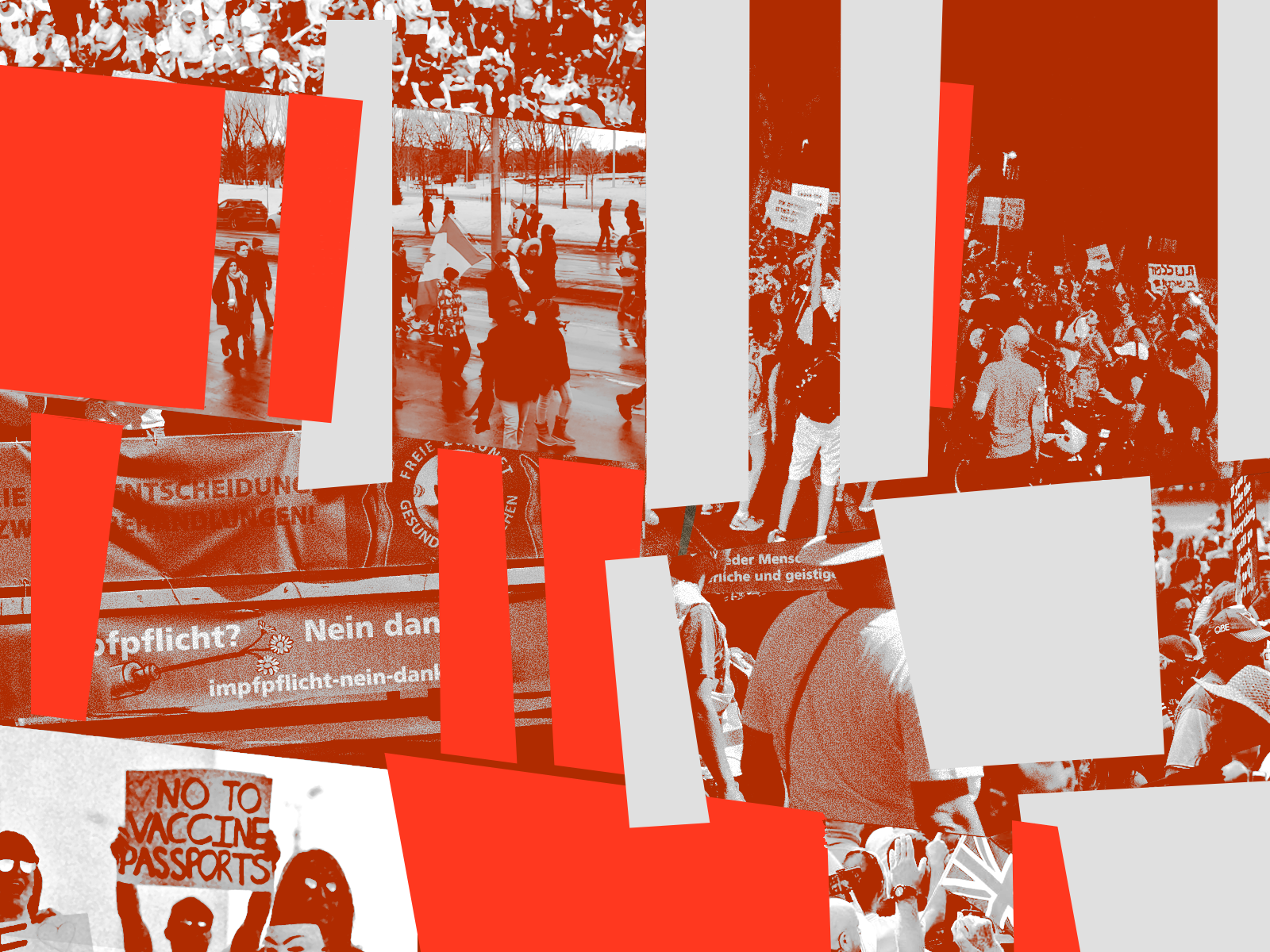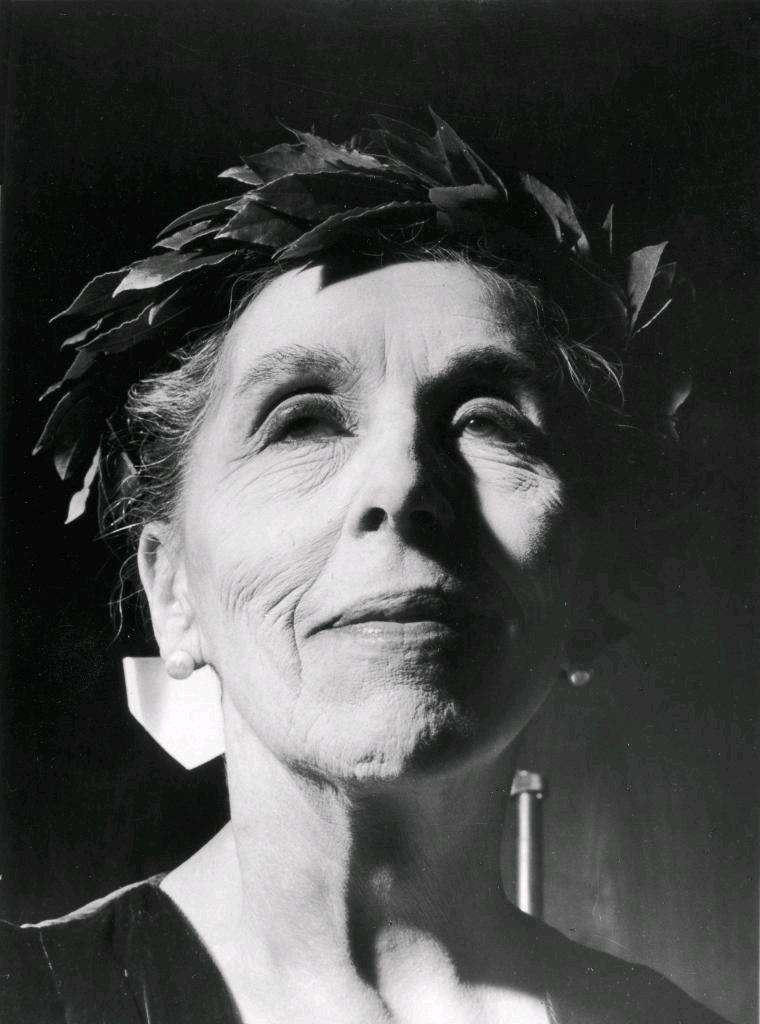Carey Baraka
African But Not Too African
Carey Baraka
In October 2023, Bloomsbury began to republish titles from the vaunted African Writers Series, an imprint that published 359 books between 1962 and 2003. Put out by the London-based publishing house Heinemann, most of the early AWS entries were originally written in English, but soon translations from other languages into English appeared. The AWS sought to establish a center for African writers, ensuring they were read in countries other than...
Somewhere and Everywhere | Reading Literature in Translation
Carey Baraka
For too long, the American publishing industry has faced inward, bringing English-language writers to English-language readers, and sequestering everything outside the Anglosphere into a single, vague category of “world literature.” In 2007, only three percent of books put out in the U.S. were translations, and this sliver hardly offered a truly global tour: according to a study of translated titles published between 2008 and 2020, 45 percent were originally written...
“Determined to Wait” | Anti-Vaccine Sentiment Around the World
Carey Baraka
As the Delta variant spreads, much has been made of the American anti-vax movement — its political character, its expressions, its impact. Elsewhere, the question of who has access to vaccines has frequently been more urgent than who is choosing to get one. And yet, across the globe, we’re seeing instances of vaccine hesitancy and refusal, for a wide variety of reasons. We asked writers around the world: Who’s vaccine-skeptical,...
The Original Karen | Colonial Nostalgia and Nairobi’s Out of Africa Industry
Carey Baraka
After Kenya declared independence from British rule in 1963, there came a flood of renamings. Schools, suburbs, and roads were rechristened in ways that spoke to a new idea of what it meant to be authentically Kenyan. In Nairobi, “Queens Way” became “Mama Ngina Street,” and roads named after the first four colonial commissioners were redesignated for African leaders: Dedan Kimathi, Muindi Mbingu, Daudi Dabasso Wabera, and Mbiyu Koinange, respectively....





